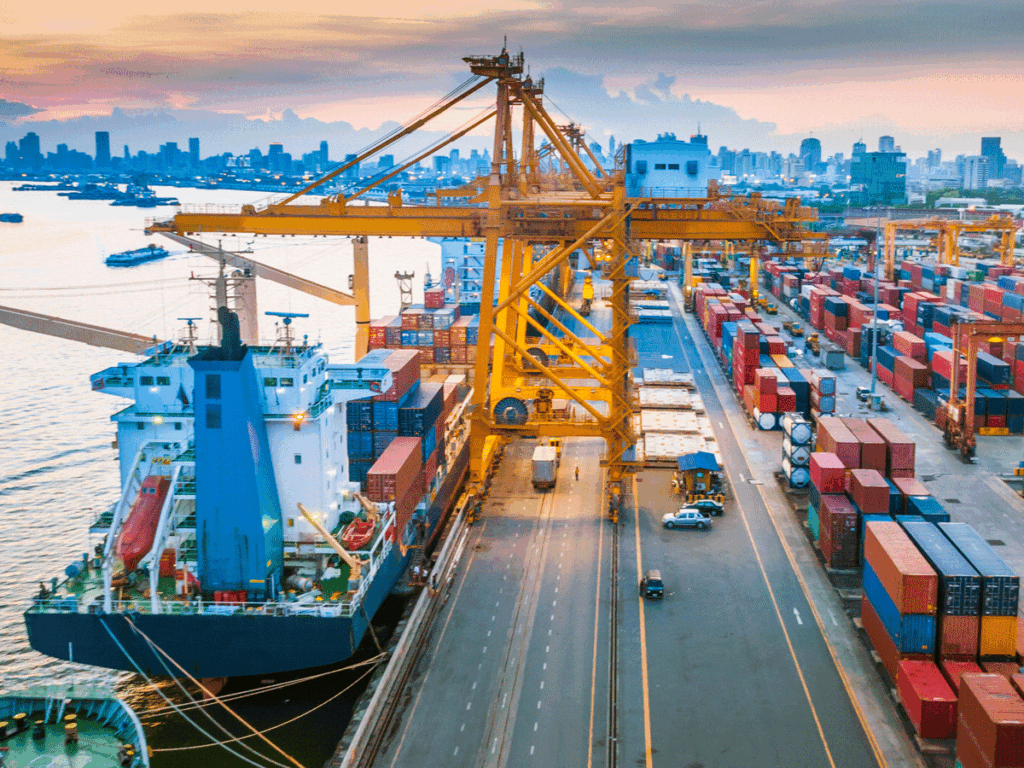
The Ugandan government has pledged sweeping reforms to ease border congestion, slash administrative costs and restore the competitiveness of the country’s export sector, following mounting concern from traders weighed down by delays and rising compliance expenses.
The commitment was communicated by the Head of Public Service and Secretary to Cabinet, Lucy Nakyobe who acknowledged that export inefficiencies are rapidly undermining Uganda’s market position in the region.
Speaking during a strategic interface between government agencies and export sector stakeholders, Nakyobe said state institutions must become faster, cheaper and more transparent in the way they serve businesses, warning that inefficiency is no longer tolerable in an economy aspiring to expand its export footprint.
Several exporters at the forum cited costly documentation processes, prolonged clearance times and inconsistent service delivery at border points as persistent barriers that inflate prices, slow supply chains and erode profitability.
The discussions also drew input from Ramathan Ggoobi, Permanent Secretary to the Treasury, who stressed that Uganda’s broader ambition to transition into a middle income, export led economy hinges on dramatically improving public service operations and cutting trade bottlenecks.
In response, the government issued strict deadlines and deliverables for ministries, departments and agencies (MDAs), including an establishment of clear service delivery standards and client charters, Alignment of institutional plans with National Development Plan IV, Full compliance monitoring, with performance consequences for non implementation and a completion timeline set for 30th December 2025
Other interventions expected to support exporters include increased funding for the Uganda National Bureau of Standards (UNBS) to speed up quality certification and the continued rollout of the e-Government Procurement System (e-GP), aimed at reducing red tape and administrative delays.
Trade analysts say the resolution mirrors growing regional pressure for governments to reduce the time it takes goods to reach market, as neighbours strengthen their own logistics ecosystems and competition for export share intensifies.
For Ugandan traders, however the urgency is simpler delays at the border translate directly into lost contracts, spoiled goods and weakened regional trust in the country’s delivery reliability.
As the government moves to implement reforms, exporters will be watching keenly for the tangible impact on clearance times, cost reductions and procedural efficiency improvements they say are not just overdue, but existential for the sector.